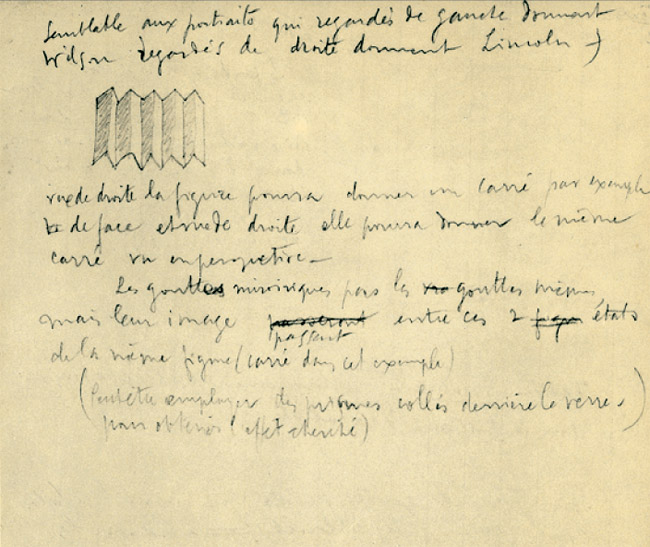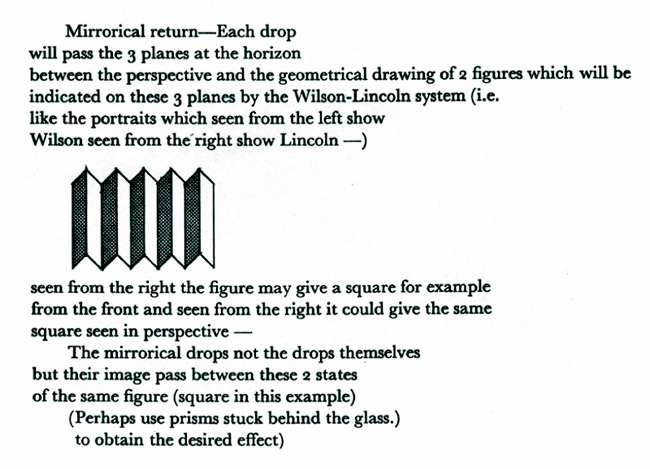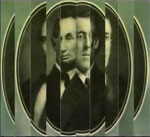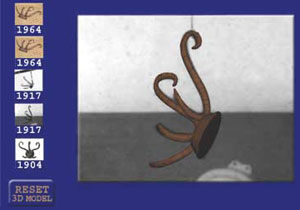Duchampian Multimedia
-
Paul Mellon 21st Century Exhibition and Study Room
 Originally presented as an exhibition proposal to the Yale University Art Gallery, “Hidden in Plain Sight: Decoding Duchamp’s Art and Science” foresees the future for museum art exhibitions. We envision an innovative installation of Marcel Duchamp’s works which would include hands-on participation and new, amazing (but friendly) computer technology, all of which will not only enhance public understanding of modern art, but at the same time will break the artificial boundaries between art and science, and accomplish much needed education as such.
Originally presented as an exhibition proposal to the Yale University Art Gallery, “Hidden in Plain Sight: Decoding Duchamp’s Art and Science” foresees the future for museum art exhibitions. We envision an innovative installation of Marcel Duchamp’s works which would include hands-on participation and new, amazing (but friendly) computer technology, all of which will not only enhance public understanding of modern art, but at the same time will break the artificial boundaries between art and science, and accomplish much needed education as such.Since most of the original ready-mades have been lost and are visible only in photographs, on display are three-dimensional models have been crafted based on the originals in the photographs or historical artifacts. To serve as a “hands-on” exercise, viewers can touch them and use them for their own critical observations and “experiments.” Features of computer technology involve visualization and measuring of “lost ready-mades” and optical machines in virtual space. Pushing several buttons, visitors will be able to rotate Duchamp’s objects on a monitor, turn and view them from all sides. In addition, the perspective in Duchamp’s photographs, paintings and drawings can be easily and accurately checked without laborious, and often inaccurate, hand-drawn geometries.
These QuickTime movies contain animations originally produced as part of the proposal for “Hidden in Plain Sight”. Presented to the Yale University Art Gallery in 1998, the interactive space encompasses the most complete collection ever assembled on objects by Marcel Duchamp. As the four-part virtual tours reveal, the installation of the exhibit is a hybrid space designed for the study, exhibition and storage of Duchamp’s works, in a hands-on environment. We believe that end results of such an entertaining, informative, and unusual exhibition will be a broader attendance for art museum, popularity with the press, new enthusiasm from funding sources, and most importantly the profound and long-term impact on public education in art, science and culture.
Read More… -
Marcel Duchamp Created Original Optical Illusion Machines
-
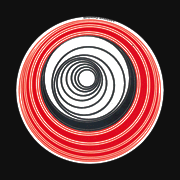
Duchamp Rotorelief Discs (1923) Try Duchamp’s invention that allows you to see 3D Depth with One Eye for Rotoreliefs
Read More -
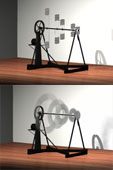
Duchamp Rotating Glass Plates (1920) See multiple illusions of solid shapes generated from separate moving parts Yale owns Rotary Glass Plates -




Duchamp Rotary Demisphere (1925) MOMA owns Duchamp’s 3D Depth effect Demisphere (1920)
-
-
In his Green Box Notes, Duchamp wrote about an optical illusion he called the “Wilson Lincoln Effect”
-
Readymade Hatrack? Maybe not…
-
“Network of Stoppages”
-
Slideshow of ManRay’s Portraits of Duchamp




